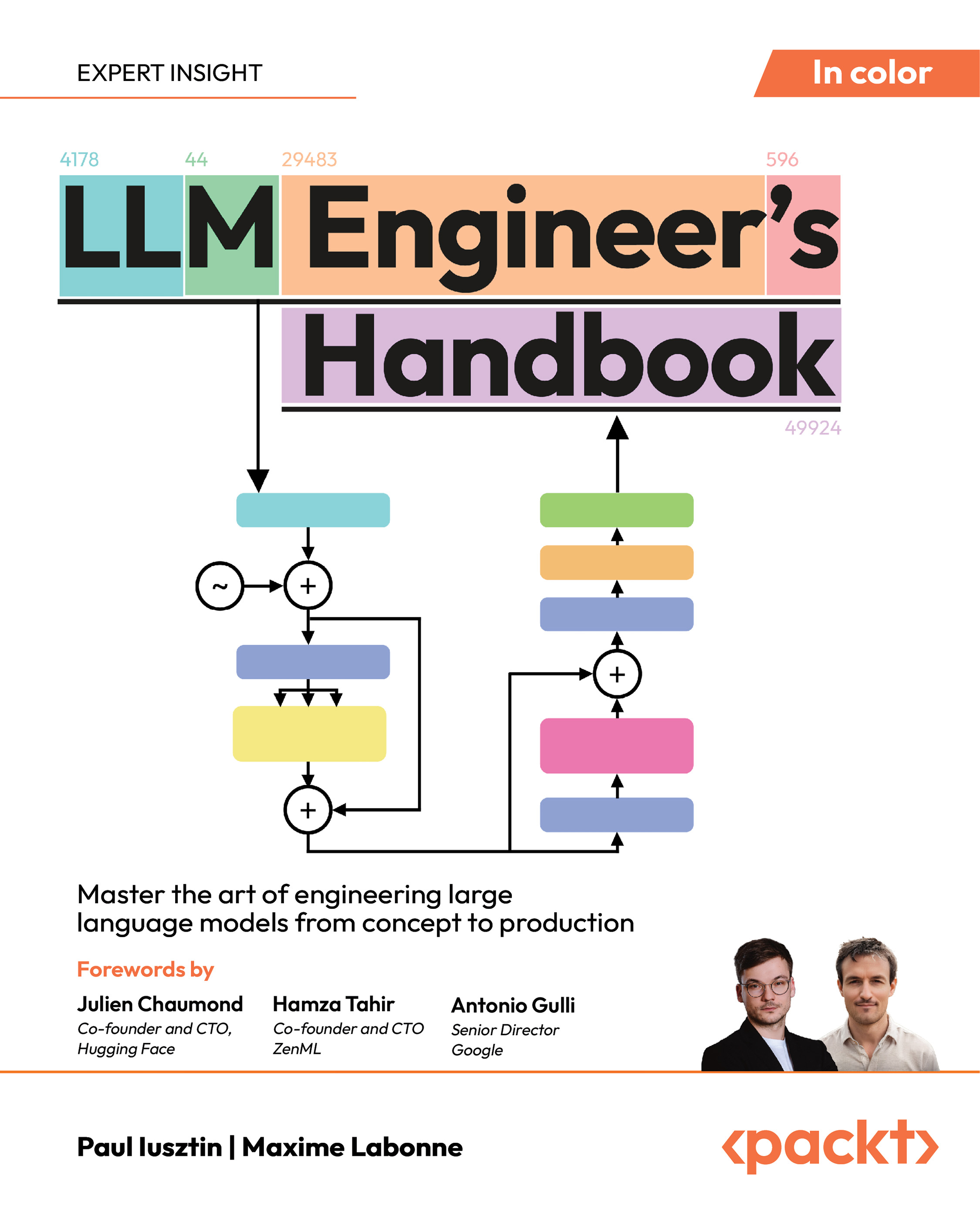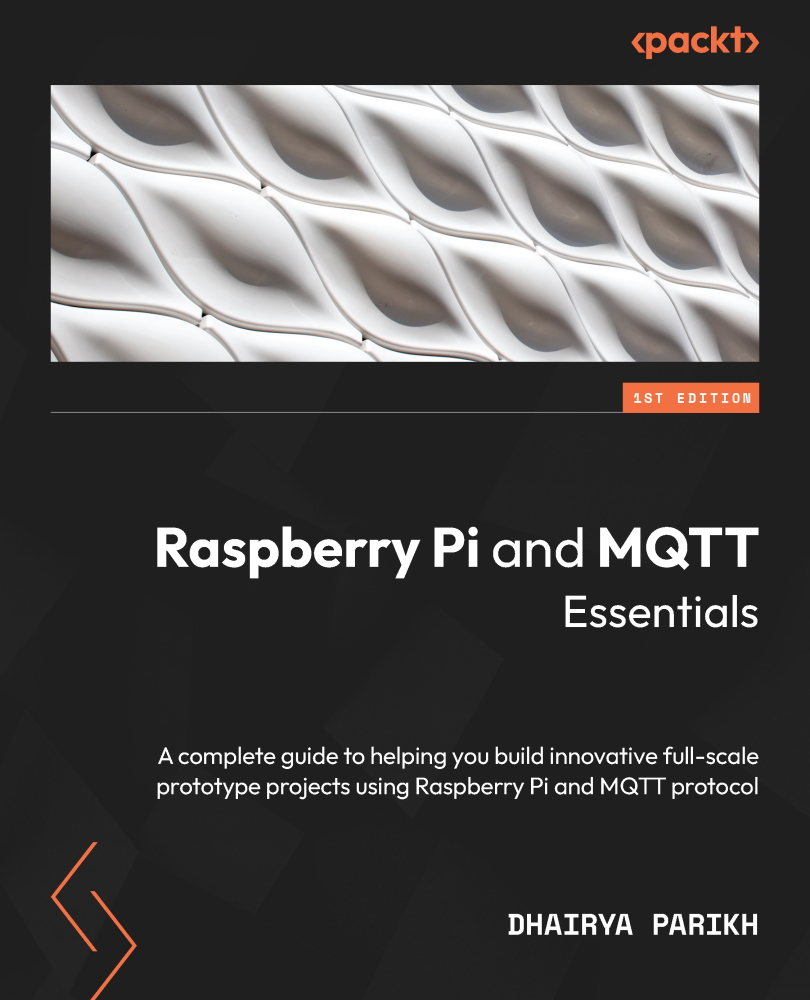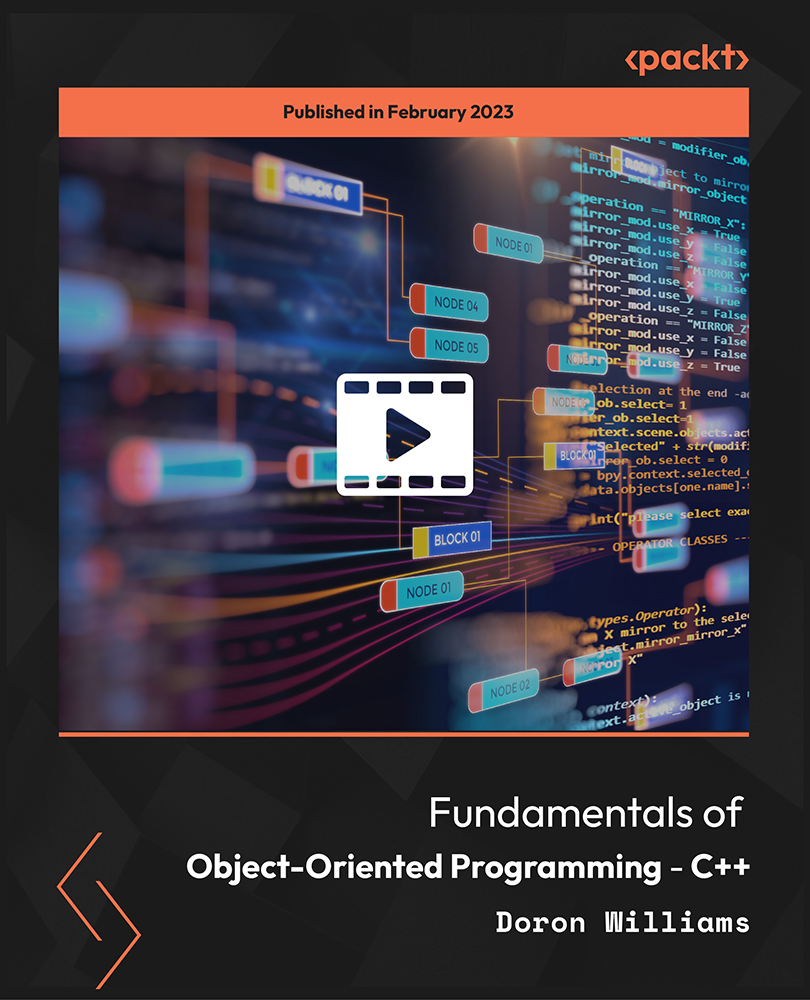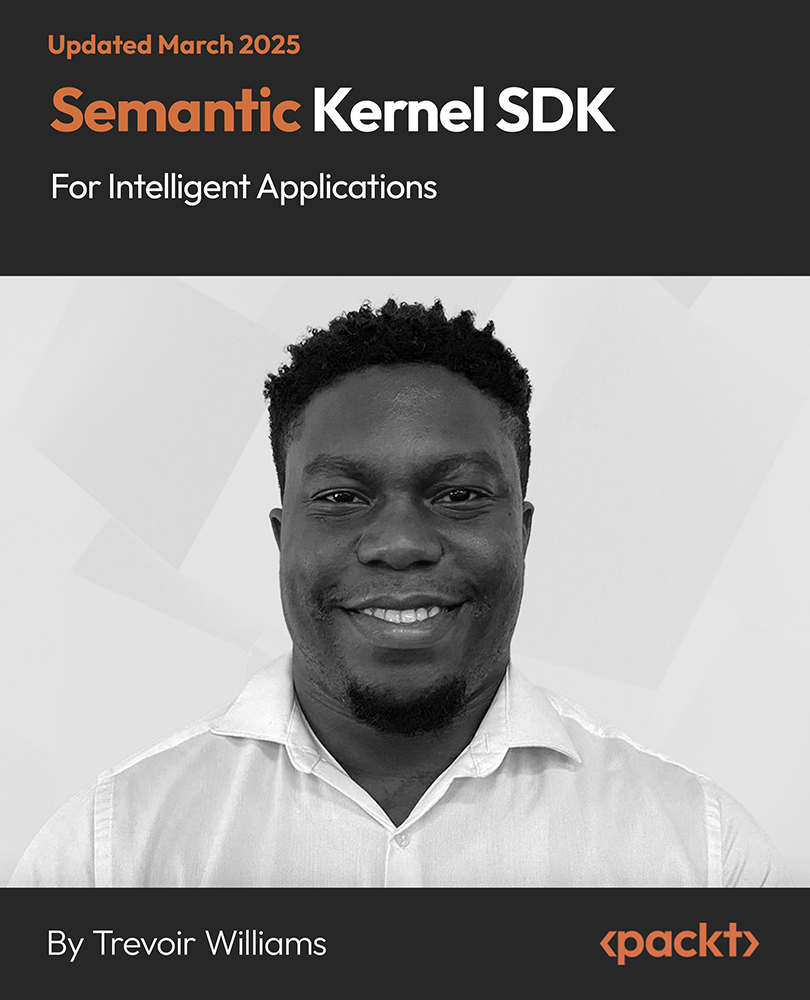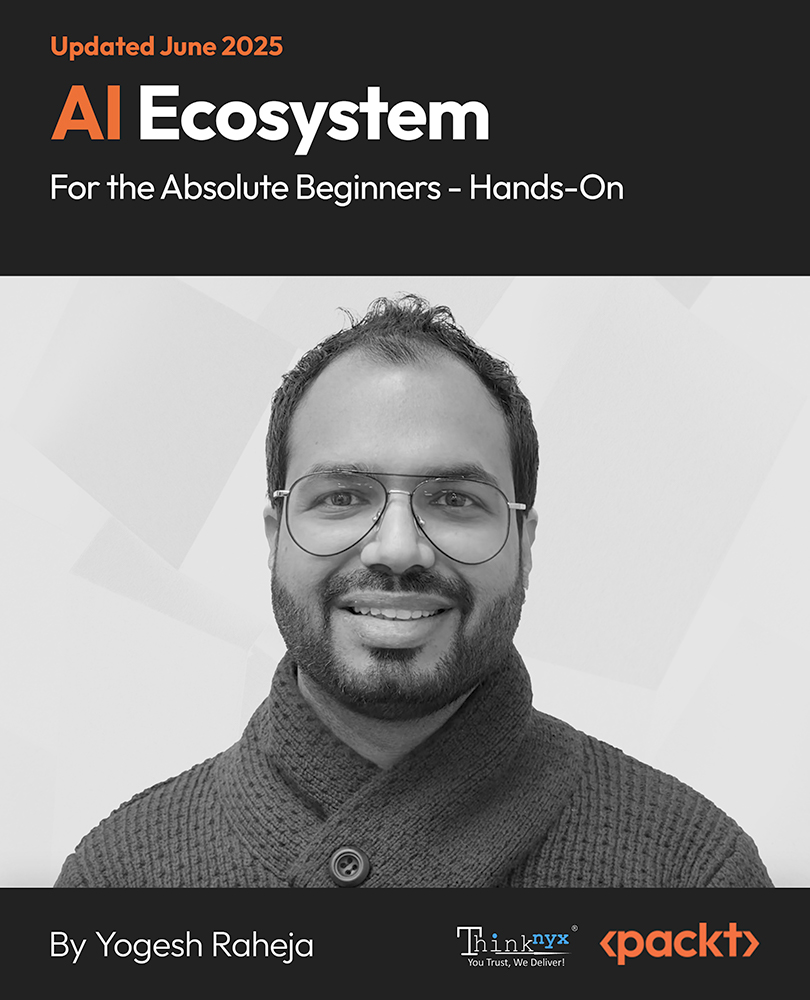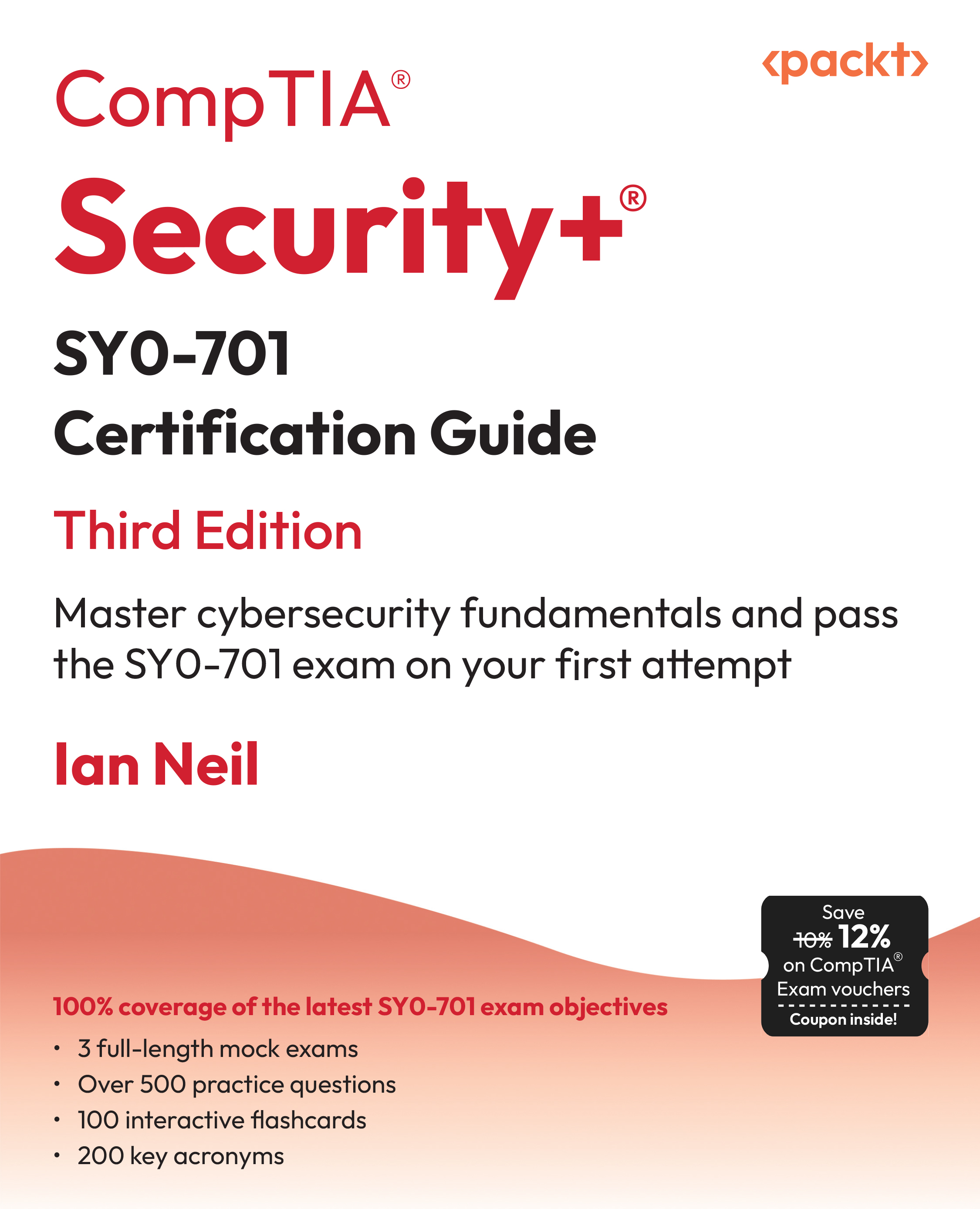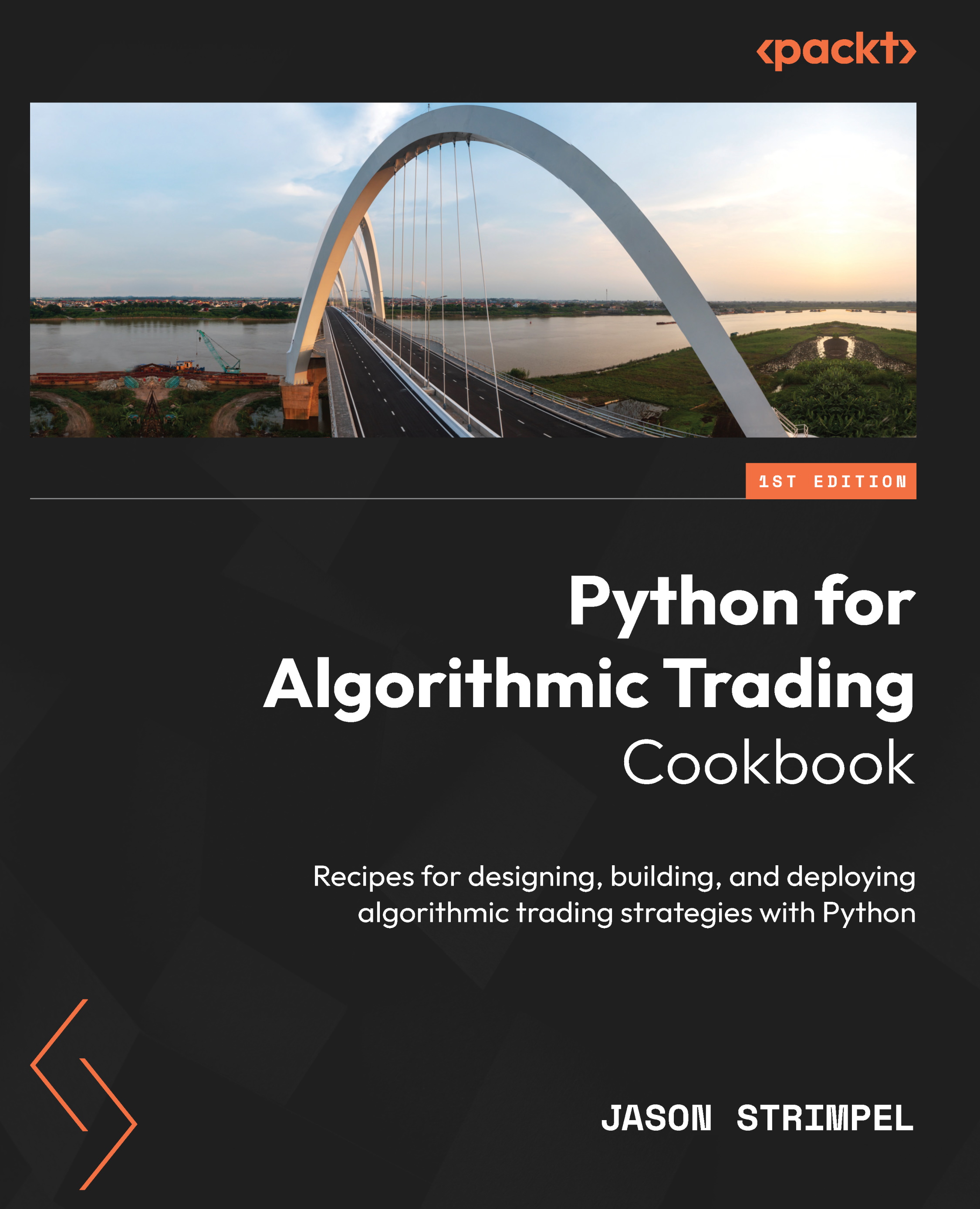Satya Nadella bats for Copilot as UI for AI
In his recent LinkedIn post, Nadella highlighted four cool Copilot features: Agents, Notebooks, and Create. The update introduces intelligent Agents like Researcher and Analyst along with a new Agent Store to expand these capabilities with partner offerings, to help create custom agents in Copilot Studio. You can use Notebooks to centralize diverse project data. Enhanced Search can search across all apps, including third-party platforms, providing comprehensive answers and source data. The Create function can transform presentations into videos and generate images from prompts. Check out these updates here.
NVIDIA’s NeMo is now generally available
Nvidia has now made NeMo microservices empower enterprises to create AI agents that boost employee productivity. These tools facilitate model customization, curation, and evaluation, enabling continuous optimization. Learn about NeMo here.
Unlock access to the largest independent learning library in Tech for FREE!
Get unlimited access to 7500+ expert-authored eBooks and video courses covering every tech area you can think of.
Renews at $19.99/month. Cancel anytime
ByteDance’s multimodal agents
UI-TARS-1.5 is an open-source multimodal agent that excels in GUI interaction. It performs exceptionally well in computer, browser, and phone use, demonstrating human-like perception. Enhanced reasoning through reinforcement learning allows it to generalize effectively in web browsing and gameplay. Here is a quick round up on TARS’ capabilities and performance.
ImageGen in OpenAI API
After the success of the image generation feature with ChatGPT, OpenAI has made it available as the gpt-image-1 API. SamA, in one of his X posts, informed the community that the API version enables you to control moderation sensitivity which is not available in the ChatGPT version. OpenAI is working with several businesses like Canva, HubSpot, and GoDaddy, among others, to use this API for several use cases. Find out more here.
o3 is more accurate but hallucinates a lot
OpenAI recently released the o3 and o4-mini System Card. This card details the capabilities and safety evaluations of OpenAI's new models, which combine advanced reasoning with tool capabilities. The results show that the advanced ChatGPT models, o3 and o4-mini, hallucinate more than older models, despite improved reasoning. OpenAI doesn’t know why, nor do they know how to solve this. You can check out the results here.
Periodic table for ML
MIT researchers have created Periodic Table of Machine Learning, a framework connecting over 20 classical algorithms. This framework reveals how existing algorithms are connected, identifies gaps, and enables discovery of new algorithms by unifying existing approaches. The periodic table offers a toolkit for designing novel AI algorithms more efficiently. You can read the research paper on this framework here.
 United States
United States
 Great Britain
Great Britain
 India
India
 Germany
Germany
 France
France
 Canada
Canada
 Russia
Russia
 Spain
Spain
 Brazil
Brazil
 Australia
Australia
 Singapore
Singapore
 Canary Islands
Canary Islands
 Hungary
Hungary
 Ukraine
Ukraine
 Luxembourg
Luxembourg
 Estonia
Estonia
 Lithuania
Lithuania
 South Korea
South Korea
 Turkey
Turkey
 Switzerland
Switzerland
 Colombia
Colombia
 Taiwan
Taiwan
 Chile
Chile
 Norway
Norway
 Ecuador
Ecuador
 Indonesia
Indonesia
 New Zealand
New Zealand
 Cyprus
Cyprus
 Denmark
Denmark
 Finland
Finland
 Poland
Poland
 Malta
Malta
 Czechia
Czechia
 Austria
Austria
 Sweden
Sweden
 Italy
Italy
 Egypt
Egypt
 Belgium
Belgium
 Portugal
Portugal
 Slovenia
Slovenia
 Ireland
Ireland
 Romania
Romania
 Greece
Greece
 Argentina
Argentina
 Netherlands
Netherlands
 Bulgaria
Bulgaria
 Latvia
Latvia
 South Africa
South Africa
 Malaysia
Malaysia
 Japan
Japan
 Slovakia
Slovakia
 Philippines
Philippines
 Mexico
Mexico
 Thailand
Thailand





